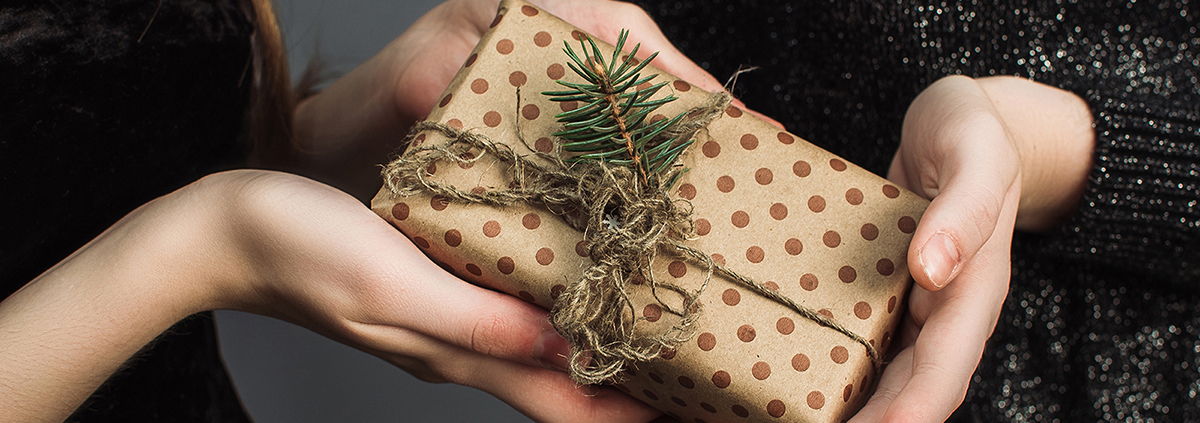Your ‘Secret Sister’ could be a pyramid scheme operator
Who doesn’t love getting gifts during the holidays? Sharing presents with friends and family is one of the highlights of the season. Unfortunately, scammers are once again looking to take advantage of our love of gifting—and receiving—with the “secret sister” scam.
We are seeing this everywhere on social media right now. The scheme usually begins with a festive Facebook post or a text message or email encouraging friends to join in on the giving by sending “just one” gift (often a book, bottle of wine, or a gift card) to a “secret sister.” The friendly message guarantees participants will receive at least one (and maybe dozens) of gifts in return. These messages may also have phrases like “happy mail,” “for the good of the sisterhood,” “holiday gift exchange,” or similar wording.
To keep the “secret sister” chain going, the message invites the recipient to share the invitation with friends and family by entering personal information (e.g., name, mailing address, email address) and the contact information of the people you hope to recruit into a list online. People who send you these messages may not even know it’s a scam.
In reality, the only people getting a gift in this scheme are scammers. By supplying personal information, even information as seemingly innocuous as name and mailing address, you could increase your risk of identity fraud. And if you mail a gift to someone you don’t know, chances are that it will just go to a scammer looking to enrich themselves, not someone you know.
The “secret sister” scam is also a pyramid scheme. Pyramid schemes are illegal because they are based on efforts to recruit new people into the scheme, not actually sell or exchange anything of value. Eventually, all pyramid schemes collapse when they run out of new recruits, leaving the vast majority of those who joined with nothing. These schemes may also violate state anti-gambling laws since they can resemble illegal chain letters.
While it may seem like you’re just doing something fun with people you know and trust, by circulating these messages you may be helping to perpetuate an illegal scheme. If you or someone you know receives a “secret sister” message, here are some tips to stay safe and avoid being a victim:
- Ignore the message. The “secret sister” scam works because people engage with it and share it with friends and family. Don’t be another link in the chain. If someone you know sent you the invitation, let them know that it’s a scam. Feel free to share a link to this article!
- Flag the message. Most social media platforms, allow users to report suspicious messages. On Facebook and Instagram, for example, there is usually a button with three dots at the top of messages that allow for a post to be reported as suspicious.
- Don’t share personal information. Providing personal information to someone you do not know can increase the risk of identity fraud, even if it’s something as seemingly trivial as a name and email address.
If you suspect that you or someone you know has become a victim of the “secret sister” scam or any other fraud, report it at once. You can file a complaint at Fraud.org via our online complaint form. We’ll share your complaint with our network of law enforcement and consumer protection agency partners who can investigate and help put fraudsters behind bars.









